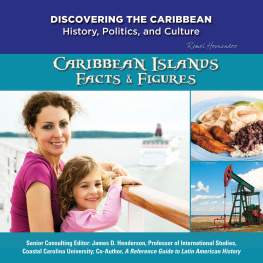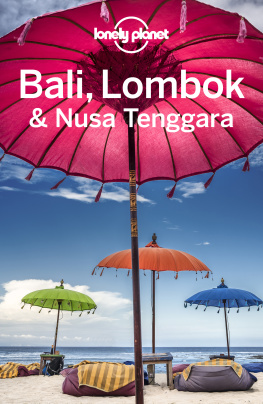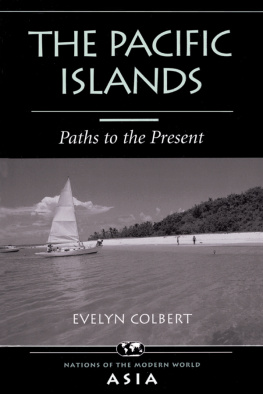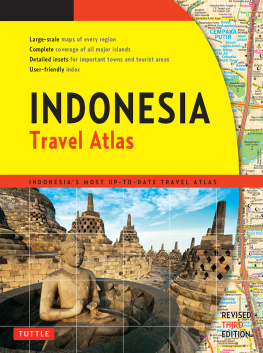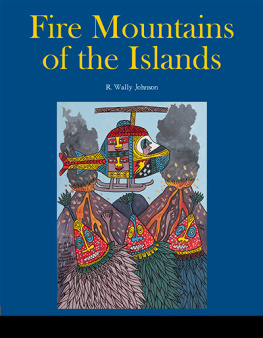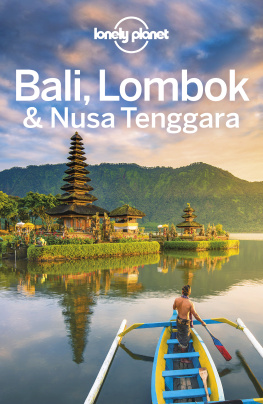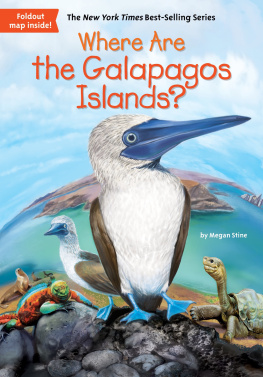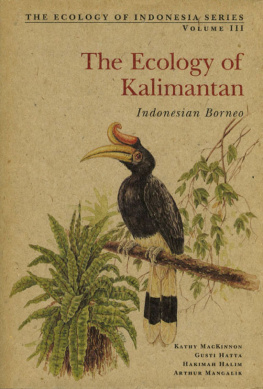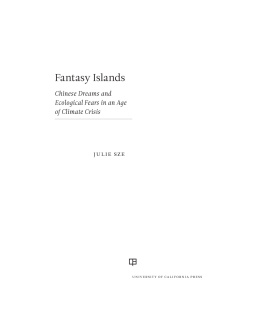EMDI
The Environmental Management Development Project (EMDI) was designed to upgrade environmental management capabilities through institutional strengthening and human resource development. A joint project of the Ministry of State for Environment (LH), Jakarta, and the School for Resource and Environmental Studies, Dalhousie University, Halifax, Nova Scotia, EMDI supported LH's mandate to provide guidance and leadership to Indonesian agencies and organizations responsible for implementing environmental management and sustainable development. Linkages between Indonesian and Canadian organizations and individuals in the area of environmental management are also fostered.
EMDI received generous funding from the Canadian International Development Agency (CIDA). CIDA provided Cdn$2.5 million to EMDI-1 (1983-86), Cdn$7.7 million to EMDI-2 (1986-89), and contributed Cdn$37.3 million to EMDI-3 (1989-95). Significant contributions, direct and in kind, were made by LH and Dalhousie University.
EMDI-3 emphasised spatial planning and regional environmental management, environmental impact assessment, environmental standards, hazardous and toxic substance management, marine and coastal environmental management, environmental information systems, and environmental law. The opportunity for further studies was offered through fellowships and internships for qualified individuals. The books in the Ecology of Indonesia series form a major part of the publications programme. Linkages with NGOs and the private sector were encouraged.
EMDI supported the University Consortium on the Environment comprising Gadjah Mada University, University of Indonesia, Bandung Institute of Technology, the University of Waterloo, and York University. Included in EMDI activities at Dalhousie University were research fellowships and exchanges for senior professionals in Indonesia and Canada, and assistance for Dalhousie graduate students undertaking thesis research in Indonesia.
For further information about the EMDI project, please contact:
Director
School for Resource and Environmental Studies
Dalhousie University
1312 Robie Street
Halifax, Nova Scotia
Canada B3H 3E2
Tel. 1-902-494-3632
Fax. 1-902-494-3728
Foreword
For too long, both Indonesians and other nationalities working in, or thinking of working in, Nusa Tenggara and Maluku have believed that little was known about the natural resources of the region. As this book amply demonstrates, a massive amount of material was available but was scattered and difficult to access. Development and research programmes alike faced the daunting task of establishing the known facts before beginning their own work. Too frequently, work was repeated, or worse, abandoned because no reference material was available.
For over four years the authors and their support teams have worked throughout the region, indeed throughout Indonesia and many other countries, to comply and analyse the varied and detailed information presented here. They have been helped tremendously by many others, particularly residents of the region itself.
Nusa Tenggara and Maluku is the least known of the regions covered by the Ecology of Indonesia series, but the most vulnerable and complicated. This collection of small, mainly oceanic islands rises from some of the deepest and richest seas on Earth and acts as a corridor between two major biogeographical regions of the world. The book constantly underlines the fact that much baseline data is known and that the way forward is to now examine the interactions between the people and the varied flora and fauna within this environmentally sensitive marginal region. The title The Ecology of Nusa Tenggara and Maluku is thus perhaps misleading. The ecological studies are waiting to be done. I hope that this book will encourage our students, scientists, and administrators to look afresh at this region.
The sustainable development of small islands is sufficiently different from that of larger land masses to have warranted a United Nations Global Conference of its own in Barbados in 1994. It is my hope that this book will draw attention to the importance of the ecology of Nusa Tenggara and Maluku in the wake of this conference and in the light of the Government of Indonesia East Indonesia Development Programme.
Sarwono Kusumaatmadja
State Minister for Environment
Jakarta, February 1996
Jakarta 10110, Indonesia
Tel. 62-21-3807566
Fax. 62-21-351515
Acknowledgements
The following people have been particularly active in the production of this book, as research and field assistants, typists, copy editors, general organisers, and supporters: A. Bharata, E. Farndon, M. Hasibuan, I. Hasibuan, R. Jarvis, S. Johannesen, A. Kartikasari, B. Libby, A. Mann, Marzan, K. Morley, R. Murphy, R. Ounstead, D. Oura, G. Pegasiou, D. Purbawati, A.Rahma-tiningsih, I. Ros, L. Safarian, A. Steenhout-Kurnianingsih, M. Supanra, A. Tucker, S. Wales, J. Whitten, and P. Witten, as well as EMDI personnel in Jakarta and at Dalhousie University.



